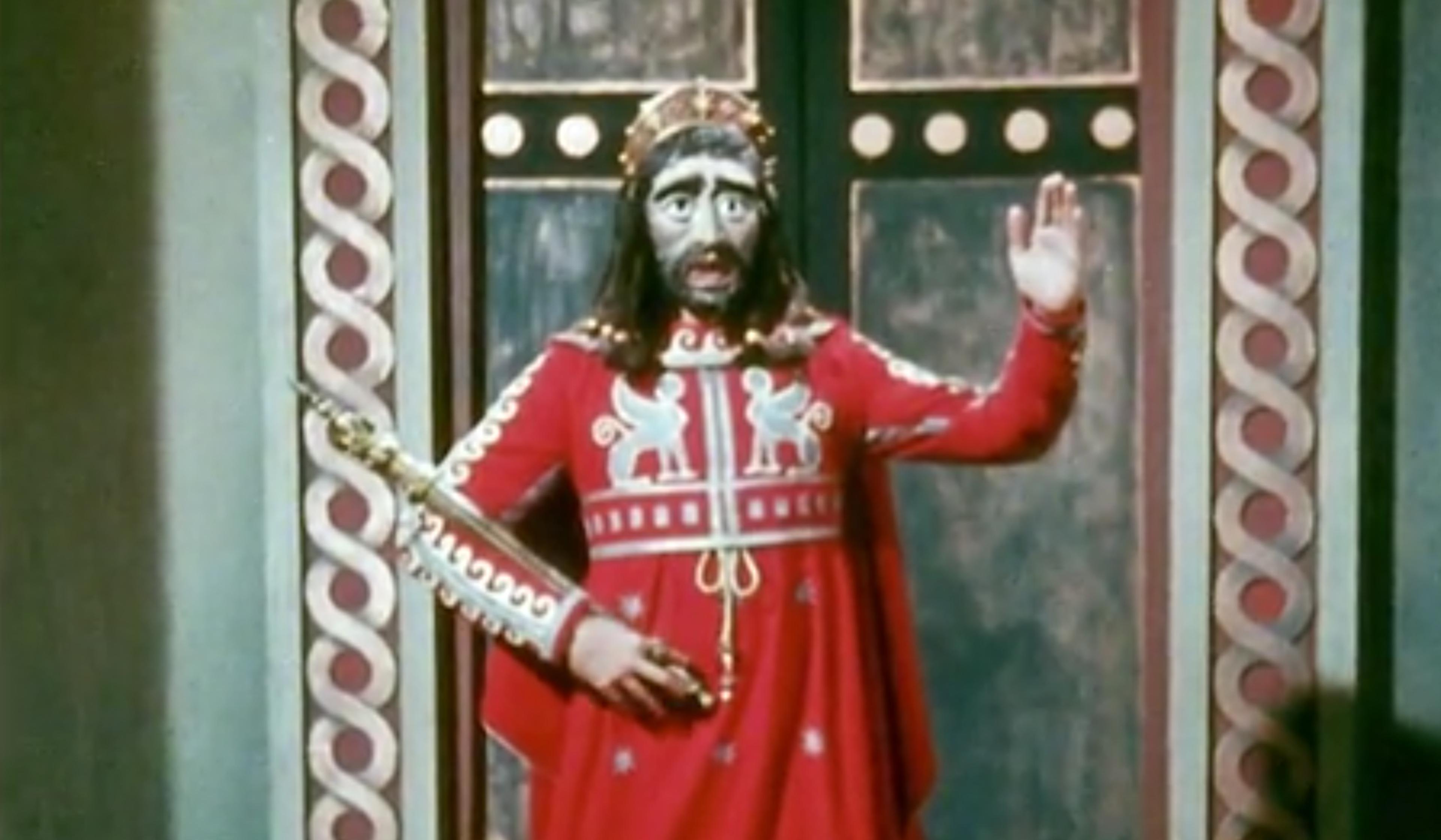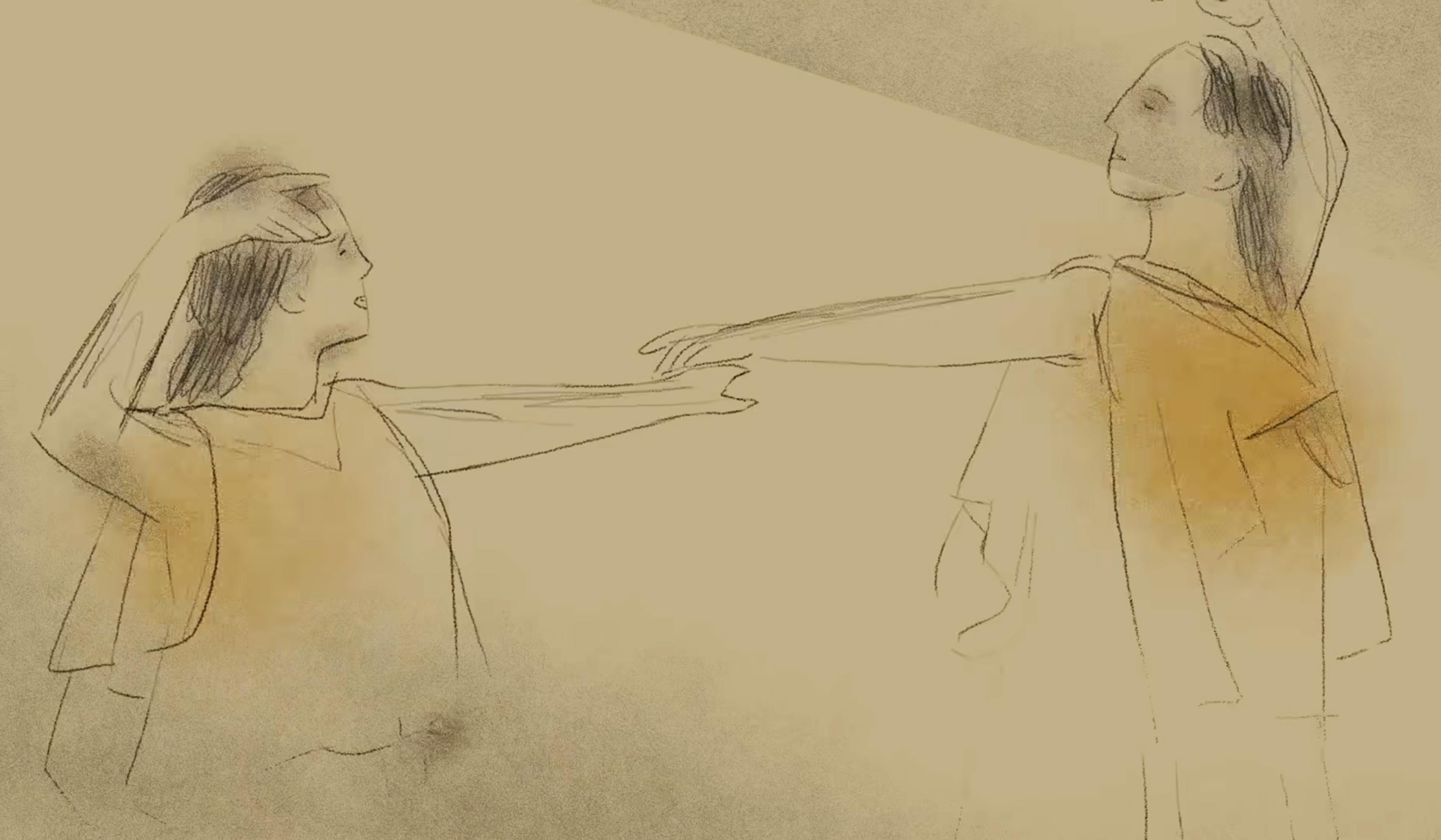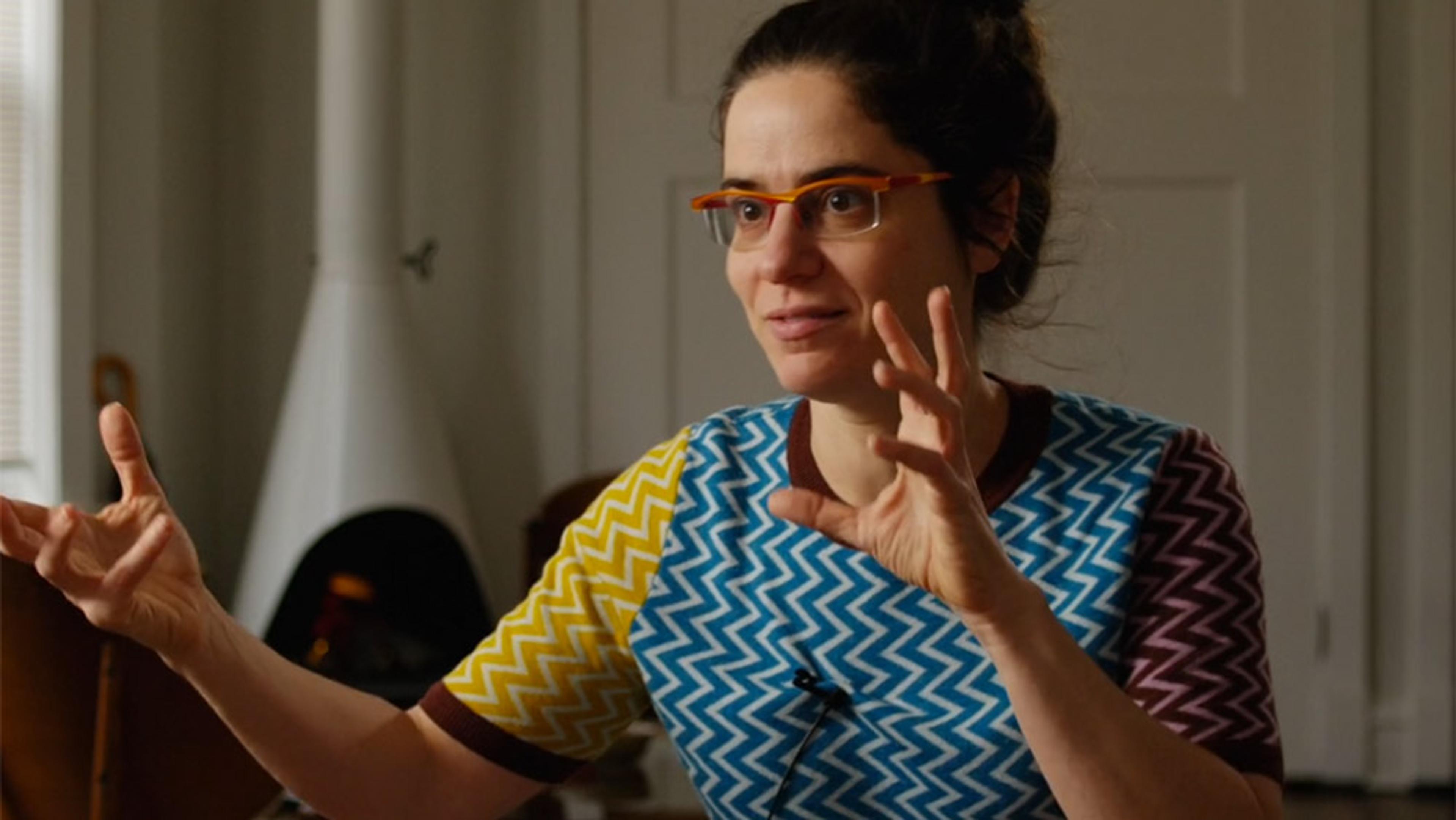Can sexual desire lead us to something that transcends the physical act? Socrates seemed to think so. In Plato’s Symposium, Socrates recalls the words of his apparent teacher of erotics, the priestess Diotima of Mantinea, who instructed him that lust was the first rung on a ladder leading upwards towards an appreciation of the form of beauty itself and, further, to morality and virtue.
Why Socrates believed that sexual desire is the first step towards righteousness

videoHistory of ideas
For proof that love is timeless, consider how long philosophers have debated it
6 minutes

videoThinkers and theories
‘My art is oratory, Socrates.’ An ancient warning on the power and peril of rhetoric
4 minutes

videoHistory of ideas
Cynicism was born when Diogenes rejected materialism and manners
5 minutes

videoHistory of ideas
Socrates believed self-knowledge was essential. Today, we wonder if there’s even a self to know
2 minutes

videoPleasure and pain
Great news: pleasure is the purpose of life. Bad news: moderation is key
6 minutes

videoThe ancient world
Sappho’s homoerotic poetry was beloved in ancient Greece – and burned centuries later
5 minutes

videoValues and beliefs
How the philosophical paradox of aspiration is resolved by a new theory of self-creation
31 minutes

videoHistory of ideas
Why Plato believed that philosopher kings – not democracy – should run the state
2 minutes

videoBeauty and aesthetics
Simone de Beauvoir on why women must reject the ‘feminine’ to become free and equal
2 minutes